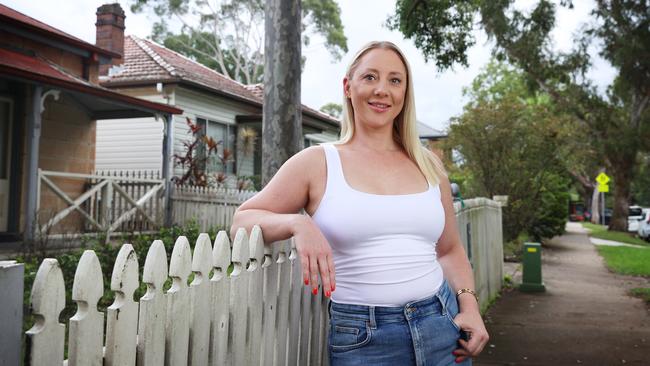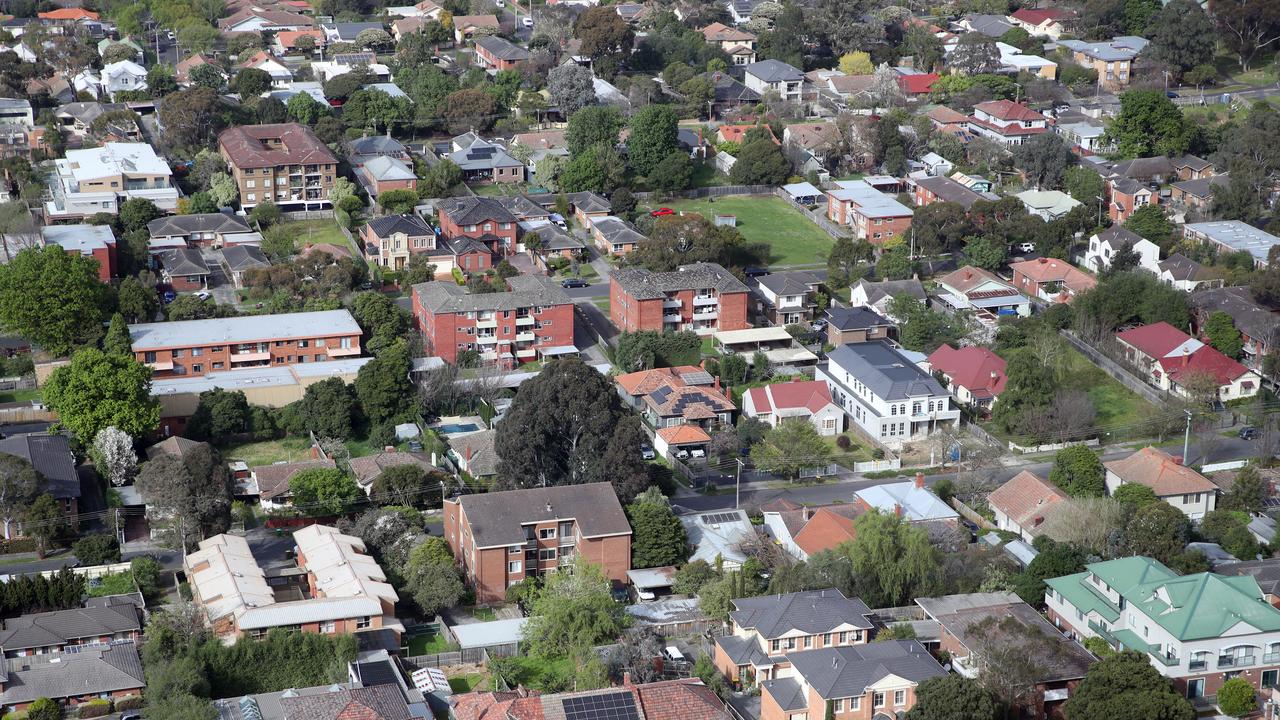Budget 2024: More must be done to help first home buyers
Dani Ferguson reckons the government should be looking to simplify housing schemes that allow first home buyers to make voluntary contributions to superannuation.

Dani Ferguson has just started the hunt for her very first home.
The 38-year-old IT worker was fortunate enough to secure an affordable rental home in Sydney’s affluent inner northwest suburb of Hunters Hill five years ago. But she would have loved to have accessed her superannuation to get onto the property ladder sooner.
She thinks the government should simplify housing schemes that allow first-time home buyers to make voluntary contributions to super. She also thinks other avenues for accessing super for homeownership should be considered, along with more tax relief.
“I would have liked to have seen more for affordability in the budget,” Ms Ferguson said.
“The struggle is real, the issue still exists and I don’t really feel like it has been addressed properly
“They could definitely do something to support first-home buyers with reaching their deposit, whether it be giving us better access to our super to put towards a property, or some sort of rental scheme. Maybe something around tax?”
In his budget reply speech on Thursday, Peter Dutton doubled down on the Coalition’s plan to enable greater access to super to buy a first home. Coalition home ownership spokesman Andrew Bragg has flagged he would push for greater access to super, floating the idea of new purchasers being able to withdraw the entirety of their retirement savings to get onto the property ladder.
“People in my position who are first-home buyers, I think, will find that an incredibly attractive policy,” Ms Ferguson said.
The full-time worker doesn’t qualify for many of the state and federal schemes designed to help young people buy. Her income is too high to qualify for the First Home Guarantee, which enables the purchase of a modest home with just a 5 per cent deposit. The property price caps also mean the units she is looking at in the inner west don’t qualify for stamp duty exemptions or new home grants.
“I suppose the help that they are offering us through these grants isn’t adding that much value to someone in my position,” Ms Ferguson said.
While she will receive the $300 energy bill rebate, she believes the one-off payment will do little to help people long term. But she does support the bump in rental assistance for low-income households, particularly after seeing some of her friends being forced to move after being served significant rent increases.
Ms Ferguson has been diligently saving for the past four years but really ramped up her efforts over the past two, made easier by the fact she is paying cheap rent.
“I definitely do believe that I am probably paying about 30 per cent less than the average property of the same size and specification of my property,” she said.
“I consider myself very lucky to have the landlords that I do and that’s what’s actually allowed me to be in a position where I can save this much money and actually afford a home deposit of my own.”








To join the conversation, please log in. Don't have an account? Register
Join the conversation, you are commenting as Logout